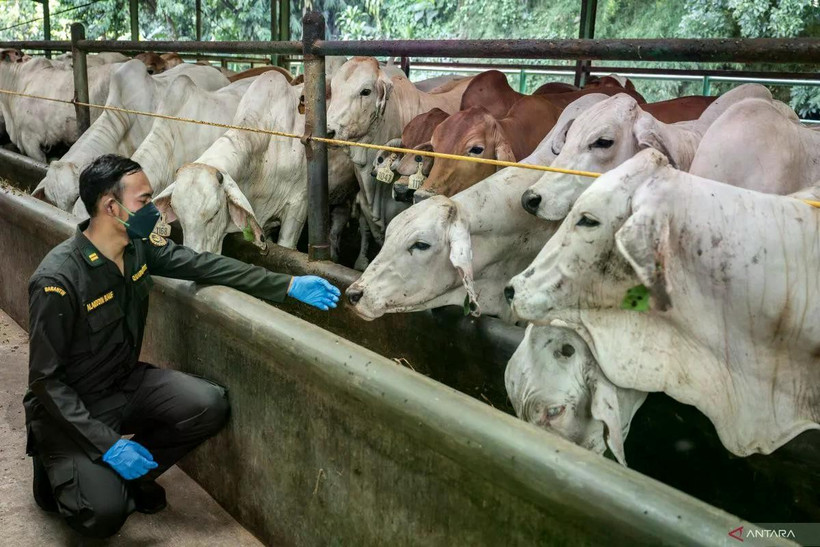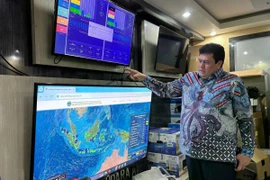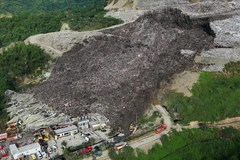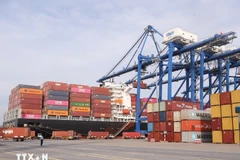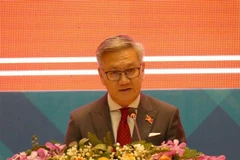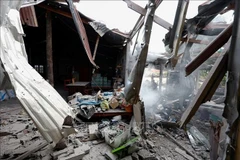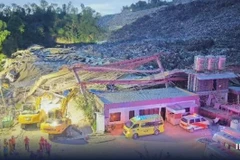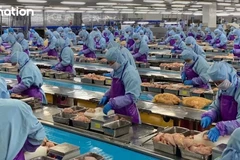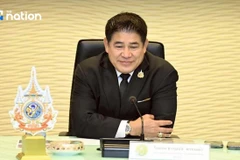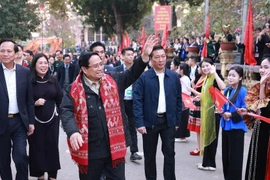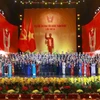Jakarta (VNA) – Indonesia on June 15 officially removed import quotas on live cattle as part of efforts to strengthen national food security.
Coordinating Minister for Food Affairs Zulkifli Hasan said the government aimed to ensure the availability of milk and meat for public consumption. The policy was also expected to support the growth of the domestic dairy processing industry by enabling increased production and improved product quality.
Earlier, Deputy Minister of Agriculture Sudaryono announced that the government planned to import 2 million live cattle over the next five years.
The decision aligned with President Prabowo Subianto's initiative to implement a nationwide free nutritious meal programme for children and youth, which has significantly raised demand for food supplies./.
